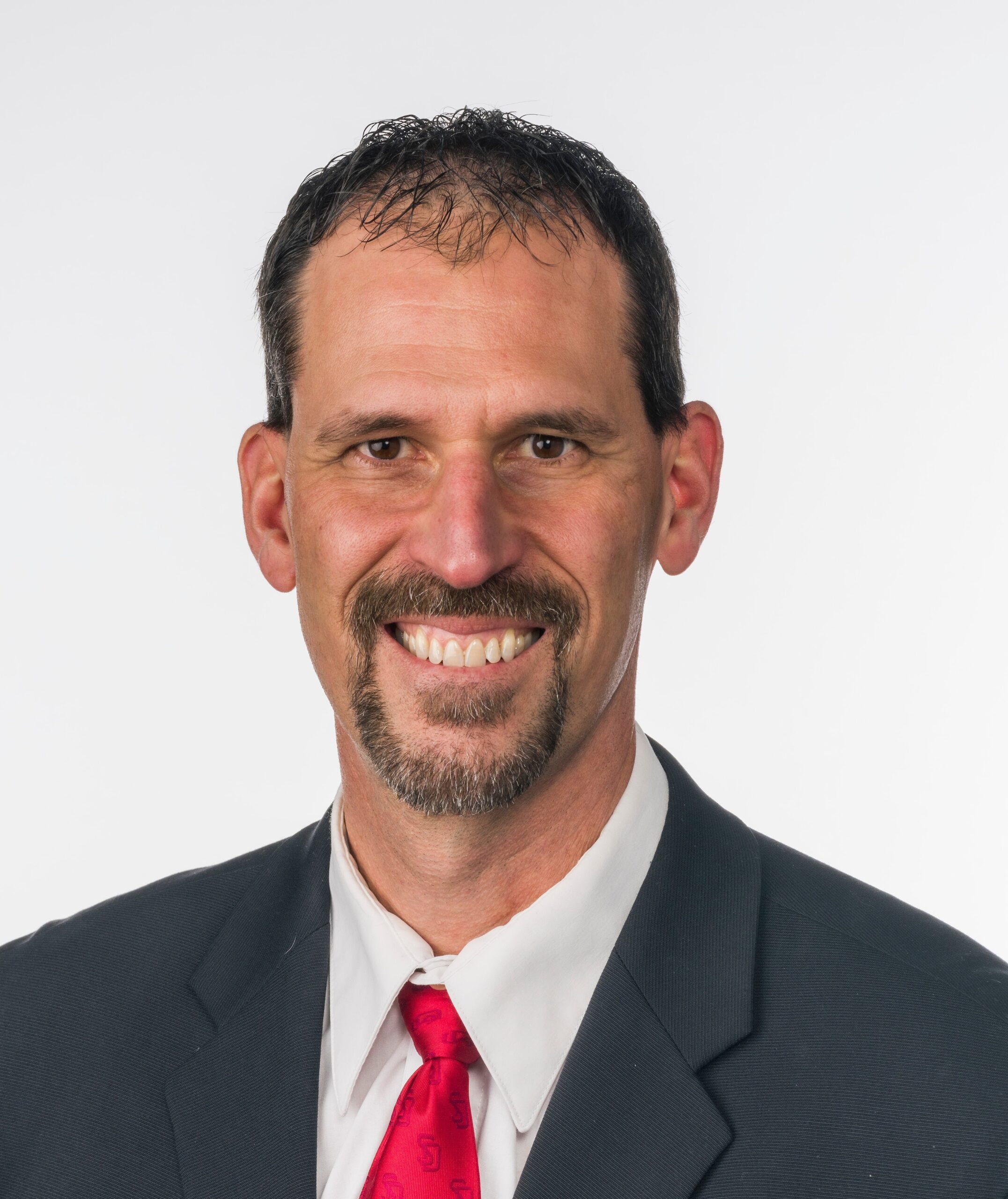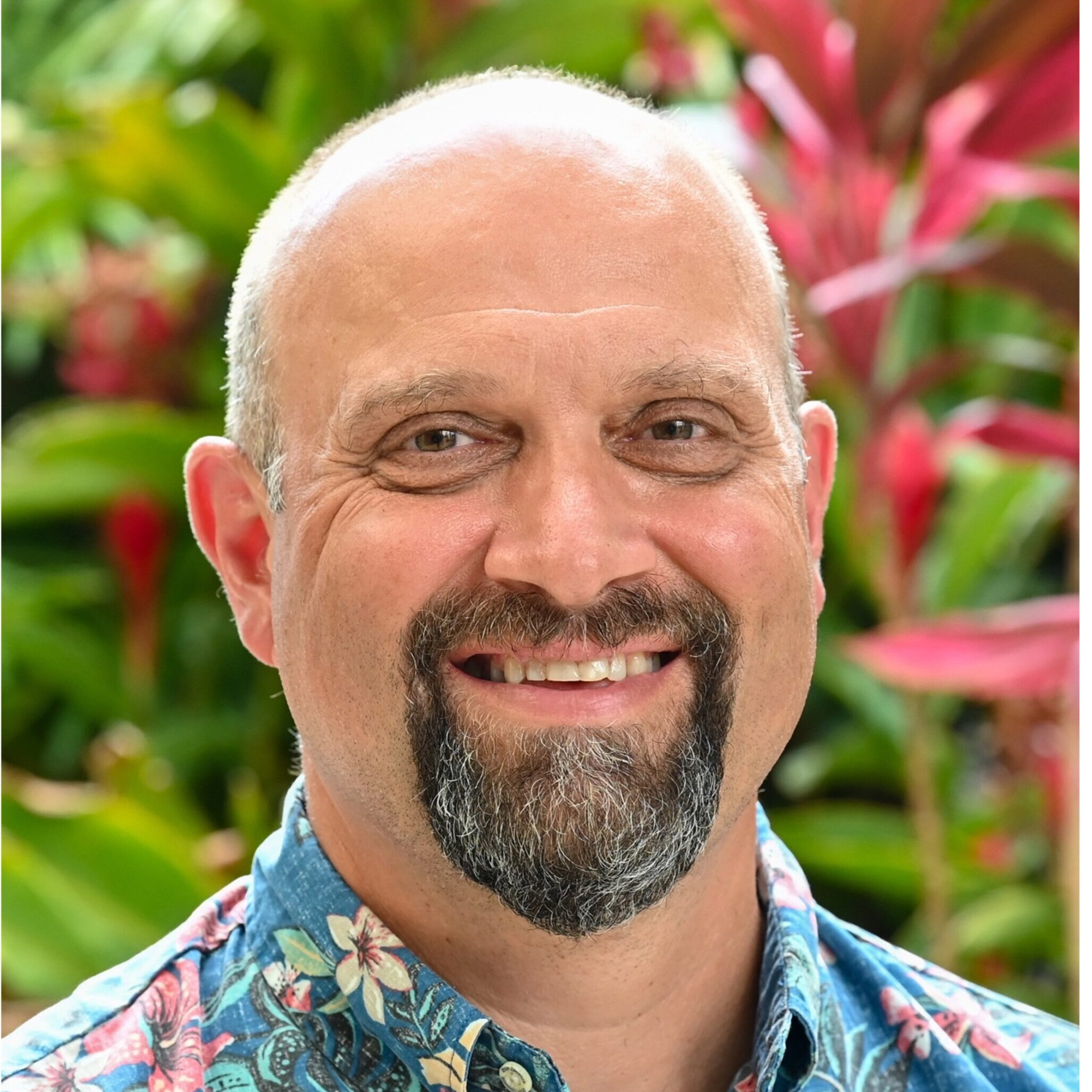Welcome back to season 2 of PT Elevated where we are broadening our topics to include more researchers but still focusing on topics that you can use in your clinic every day.
Our eighth episode of season 2 welcomes Dr. Steve George who is in the department of Duke University’s Orthopaedic Surgery and a member of their Clinical Research Institute. His primary charge is research where his focused has been in musculoskeletal pain conditions, cohort studies, clinical trials with low back pain and more! This week he discusses acute and chronic lower back pain as it is related to recent changes to the newest clinical practice guidelines that were recently released.
Here are some of the highlights:
Clinical practice guidelines are guidelines provided to assist in clinical decision making, not to take the place of clinician judgment. The new Clinical Practice Guidelines for back pain are a revision to the 2012 release focused primarily on intervention updates. Things to remind your students and learners are these are guidelines they do not necessarily override the 2012 guidelines.
“I still think there is value in structuring your decision making around things and it’s great when there is a lot of evidence to support them, you just have to temper it to support them when there isn’t as much evidence. I think the exercise in structuring your thinking is still super valuable especially for those people just getting started in the area. Clinicians need to understand that you have to have flexibility in decision making because nothing in their findings were clearly superior and they know that happens with back pain studies. There isn’t a huge difference in results in exercise or manual therapy trials for back pain in some areas of medicine if they saw these small differences, they would wonder what we were studying but we live in small to moderate effects and that makes decision making a little bit more challenging.”
Steve shared the search Process for updating the Clinical Practice Guidelines:
Process
- Research Questions
They decided to keep the questions for the clinical practice guideline update broader because they are covering a lot of area - Gathering search terms
They had the original search terms from the 2012 clinical practice guidelines and updated where needed.
Focused on randomized trials
Only looked at studies with PEDro scores 6 or higher
Focused on trials where a PT was either delivering the treatment or they were in a PT environment. - First Draft
Put together and sent out for external reviews - Submit final version
Get an Infographic and the summary of recommendations
“Our hope is that people can use this as fuel to get an idea of what they want to do in their local health systems, in trying a new approach. It was good to see some new themes popping up in this update like pain neuroscience education, cognitive functional therapy, and the prognostic risk stratification. A lot of this is moving away from the diagnostic model of treating back pain and moving into this management model that can be informed by prognosis.”
Steve’s Clinical Pearl – “I think remaining curious is so important. Asking good question and if you do not get good answers to your questions keep asking them. That is what drove me from moving from a clinical career to a research career. I was not the smartest person in the clinic. I was never voted most likely to do research, but I think when I got out and practiced, I think what bothered some of the people I worked with is just being curious and wondering why we were doing things one way. The focused curiosity. Secondly, I grew up in the non-patient centered era, but I learned so much from listening to my patients and viewing it as a bridge of my expertise with what their experiences were. Listening to your patients. Be curious not only about the patients that got better but the patients that did not.”
Helpful research and training:
Management of Lumbopelvic Disorders
Management of Lower Extremity Disorders
PTA Orthopaedic Skills Weekend Intensive
Ad Info: If you want to keep learning past what you hear today, Evidence In Motion offers certifications that elevate your clinical decision making and take you to the next level of patient care and subject matter expertise. I encourage you to check out their website and explore your different options. What’s cool is that you can get 5% off by letting your enrollment advisor know you’re a PT Elevated Podcast listener. Details and links to find the certification for you are in the show notes. I encourage you to check it out.
Connect with us on socials:
@ZimneyKJ on Twitter
@PMintkenDPT on Twitter

